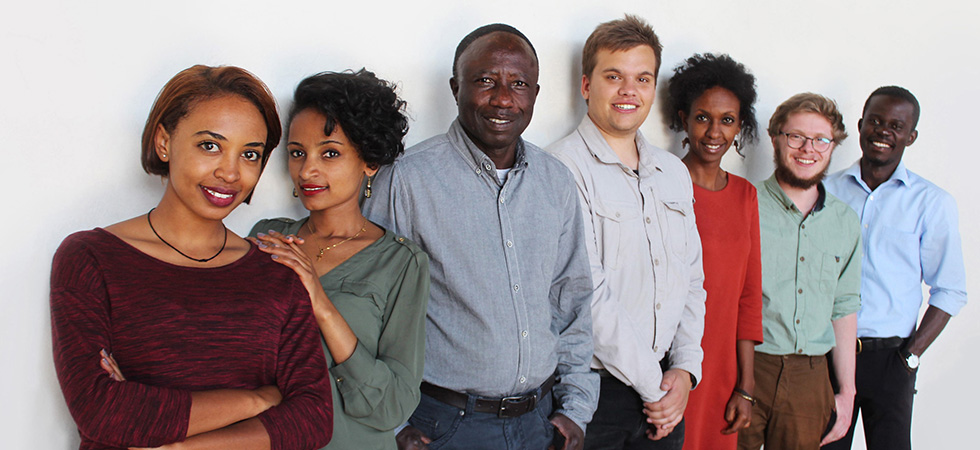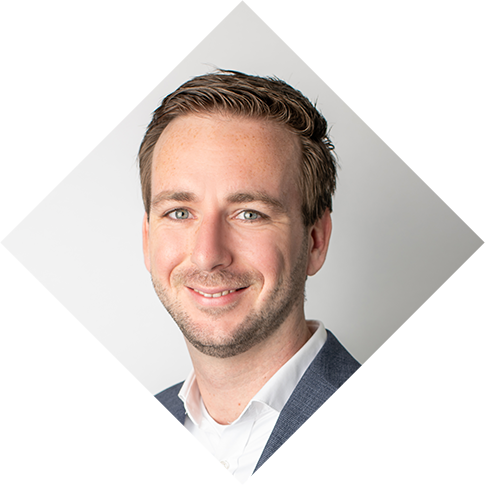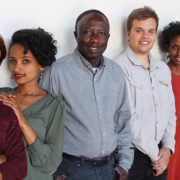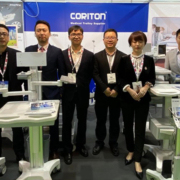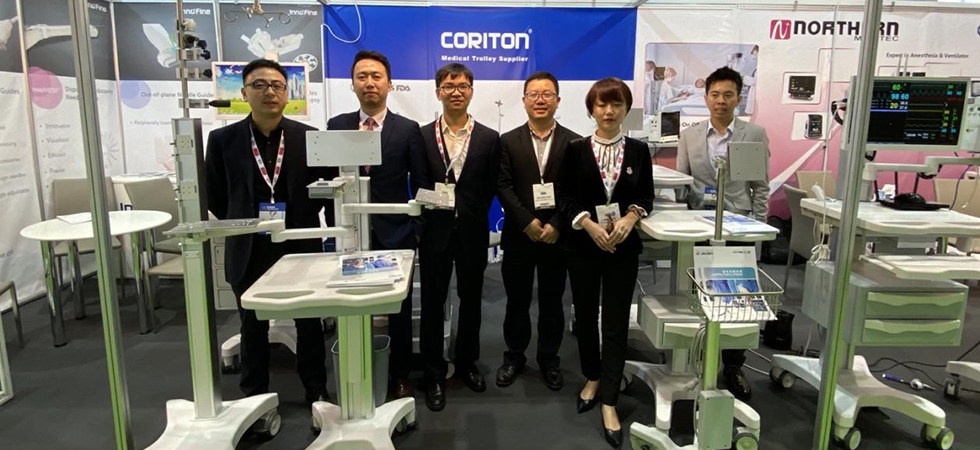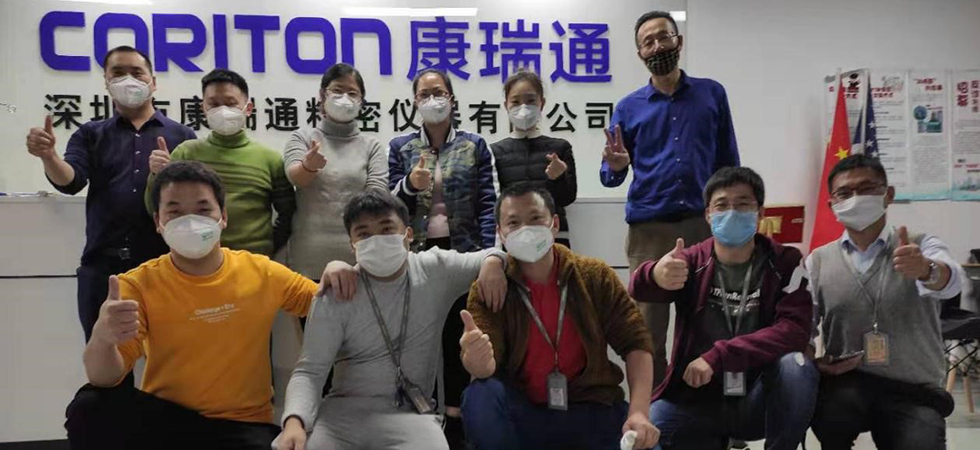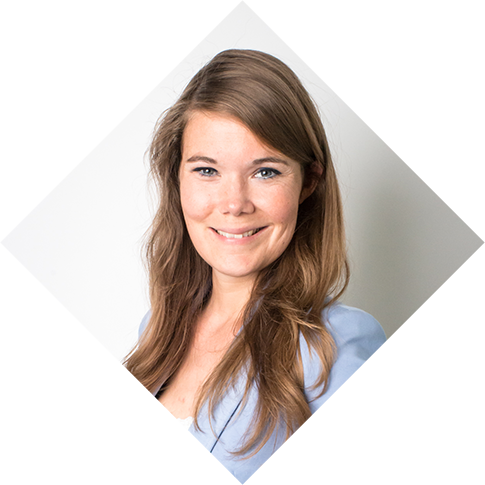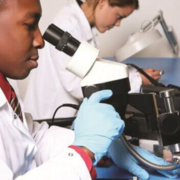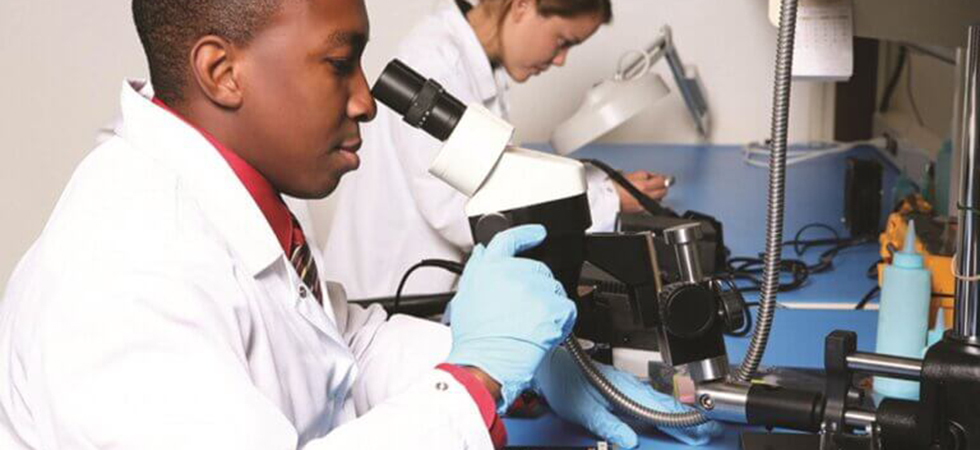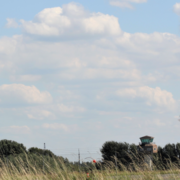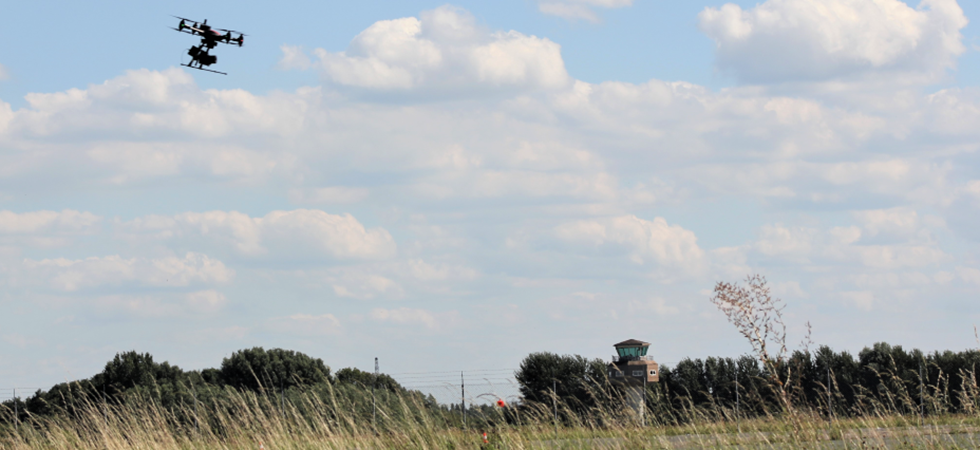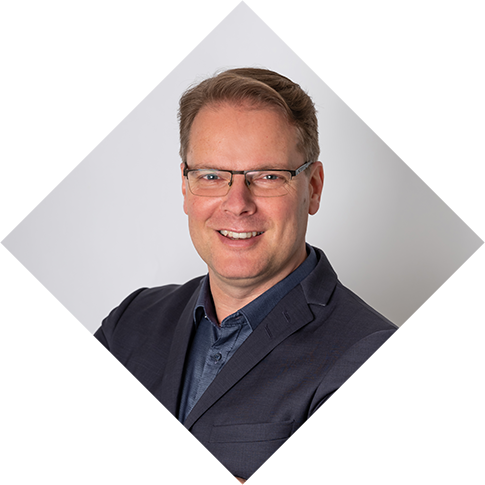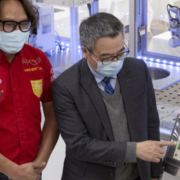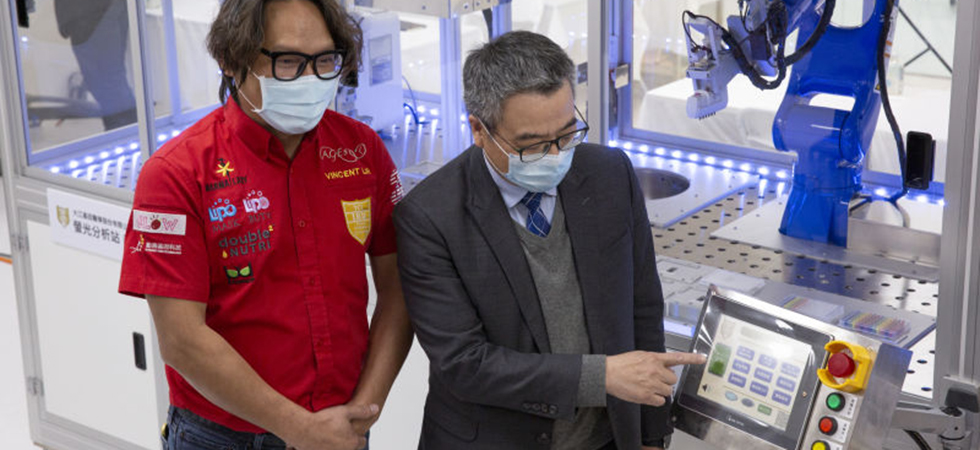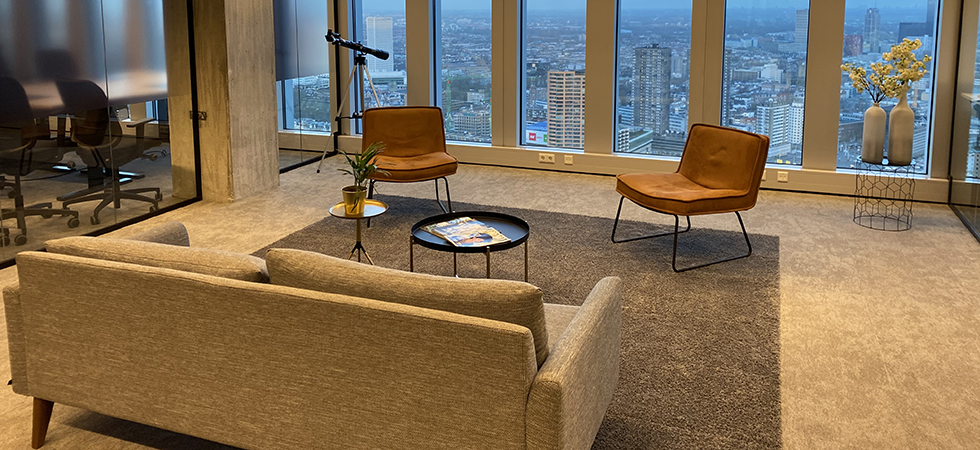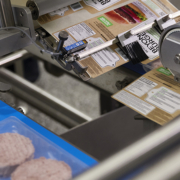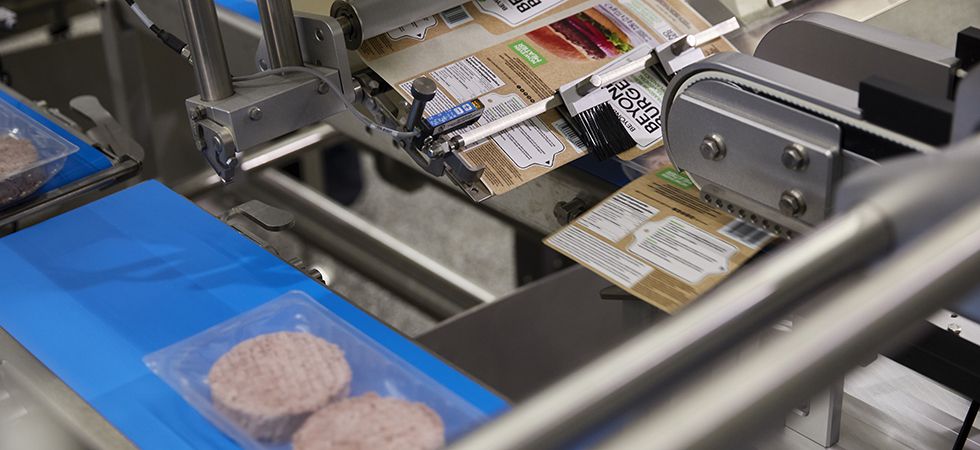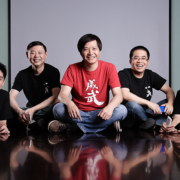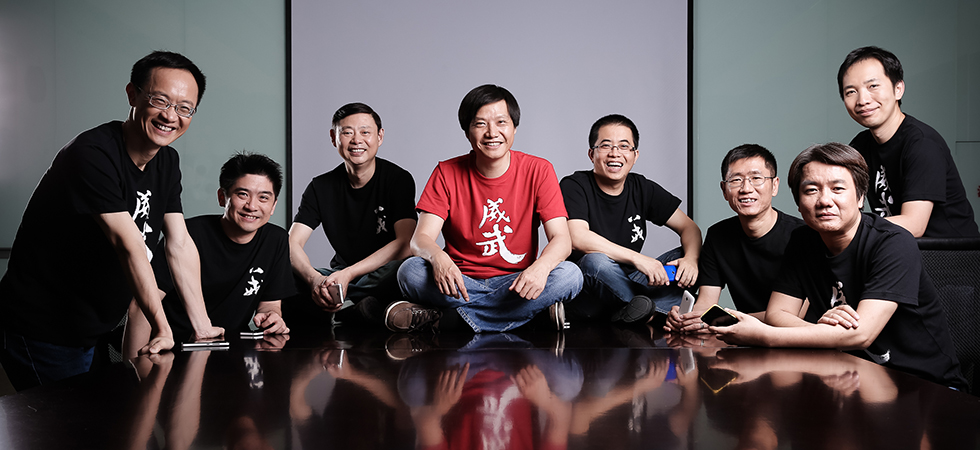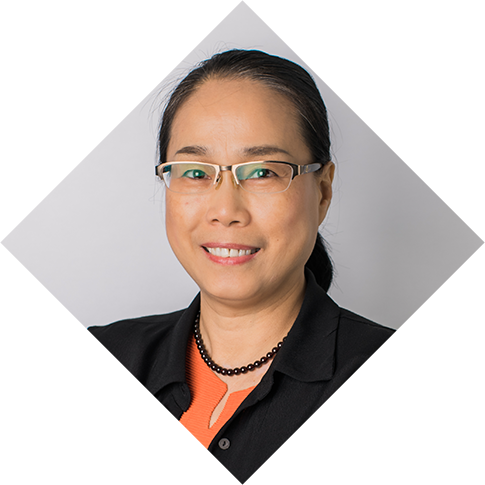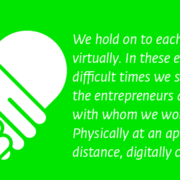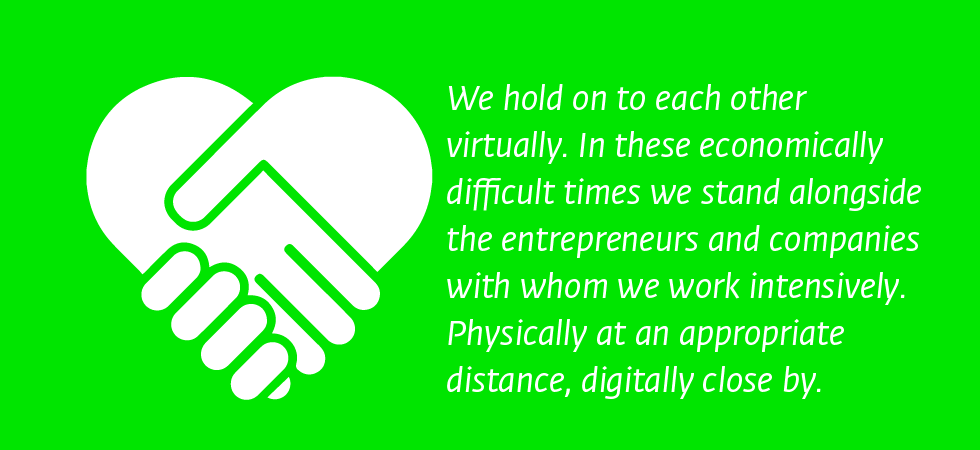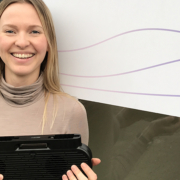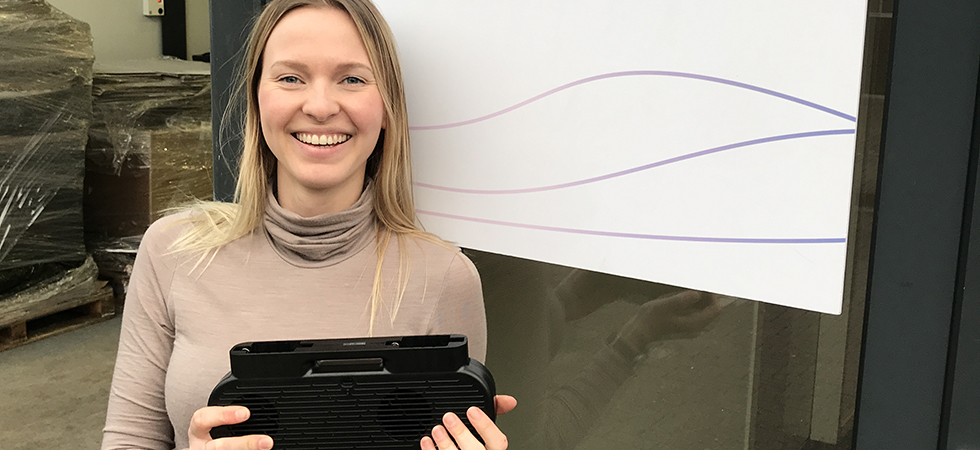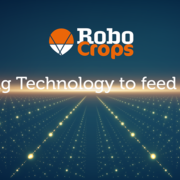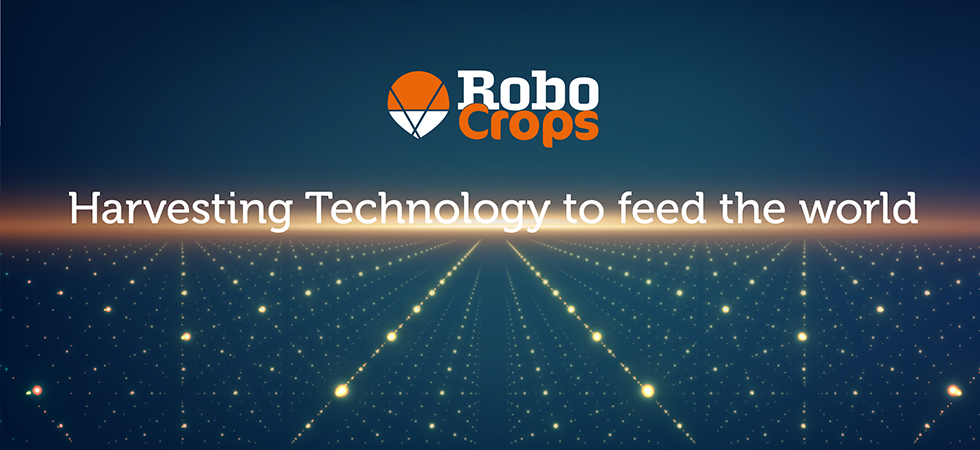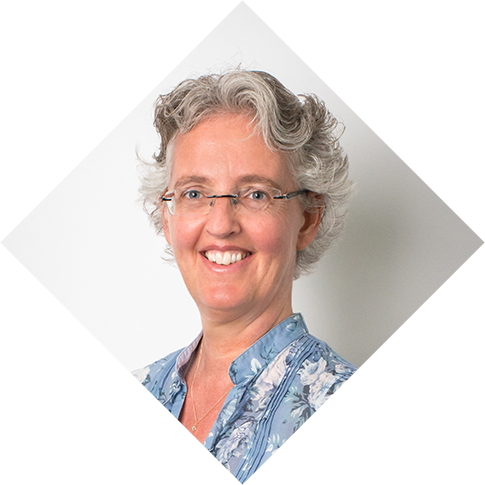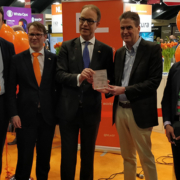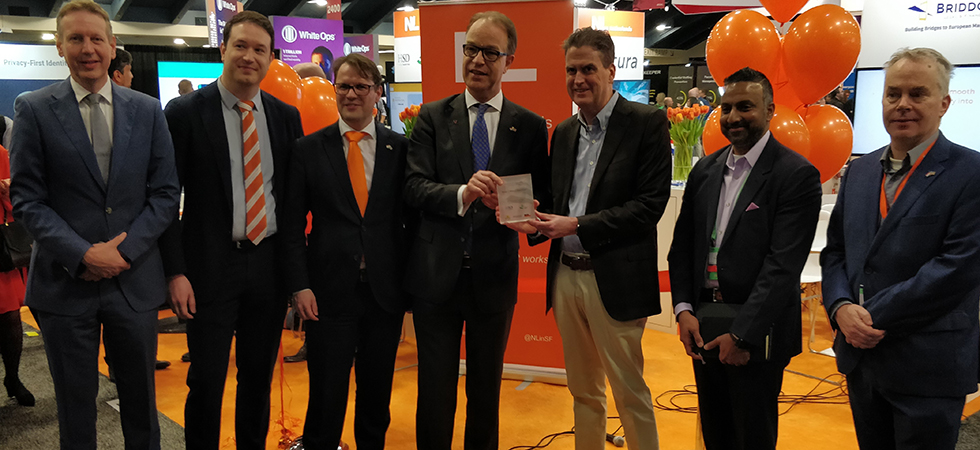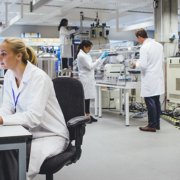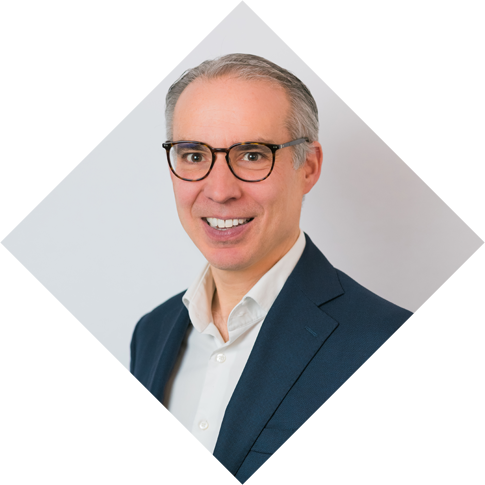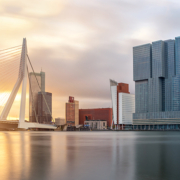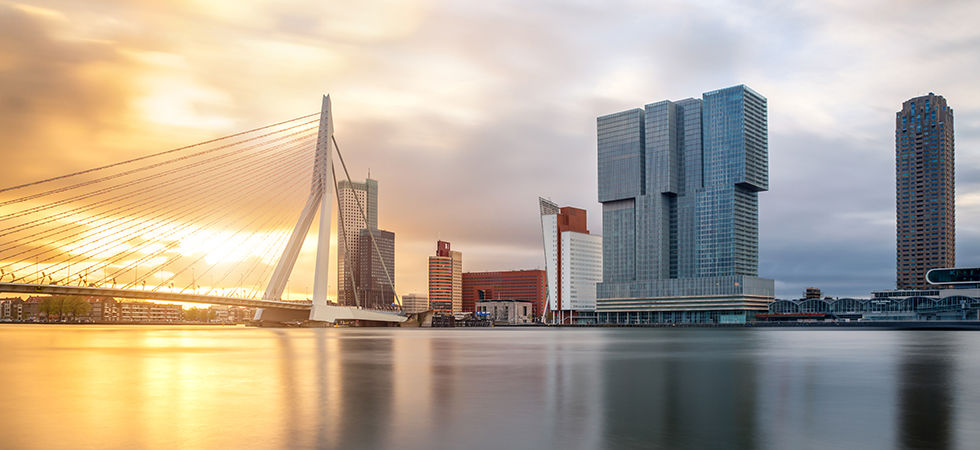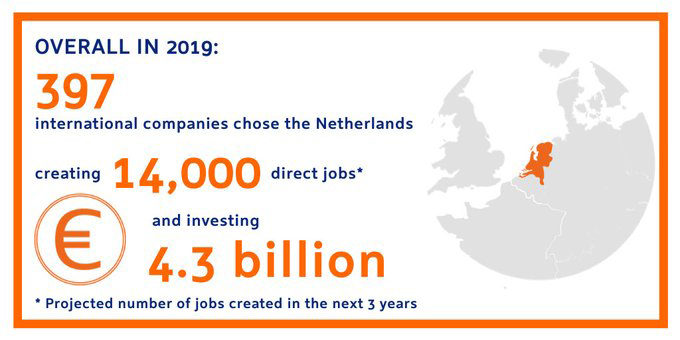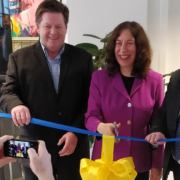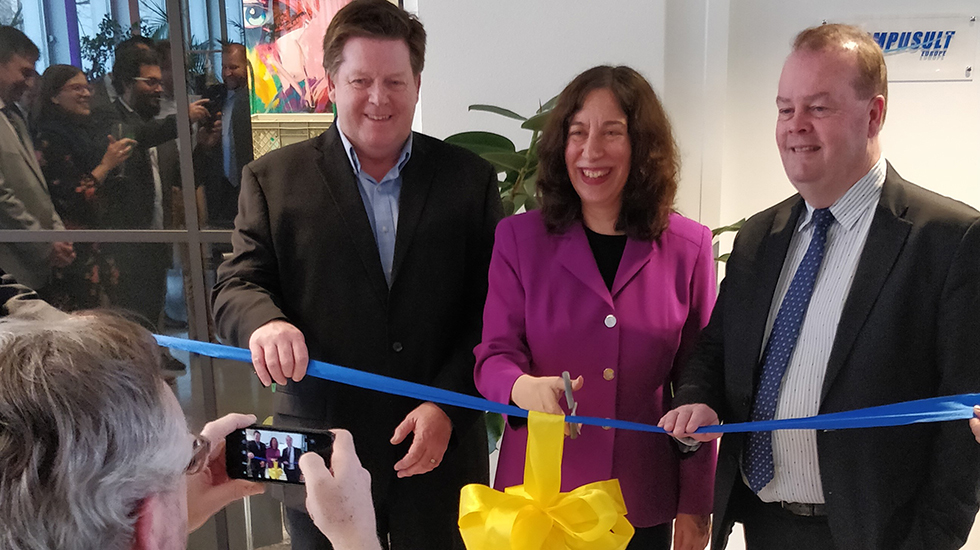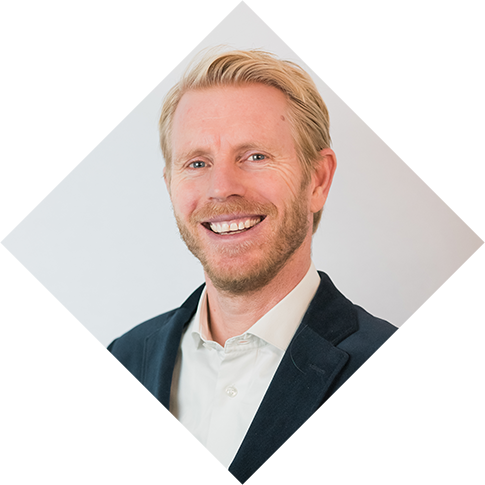In 2019, InnovationQuarter helped a record number of 56 domestic and foreign companies set up or expand in the greater Rotterdam – The Hague area. Last year, our region attracted mainly high-tech firms like DuPont Industrial Biosciences, IDE Group and Cybexer. In addition, another big company, Zalando, opened a large distribution centre. The 56 companies will over the next three years generate more than 2,700 jobs and invest €424 million in the region. These results represent an all-time high in InnovationQuarter’s six-year history.
Life sciences, high-tech, IT and cyber security strongly represented
In the past year, we welcomed mainly leading-edge, technologically advanced companies to the greater Rotterdam – The Hague region. A notable development was the large number of firms in the life sciences and health (LSH) sector. While most of these companies were newcomers that set up business in the region, some expanded their existing facilities or activities. These organisations operate in both medical technology as well as in biopharmaceuticals. Several companies that provide services to others in the LSH sector, such as the use of AI in medicine research, also established themselves here.
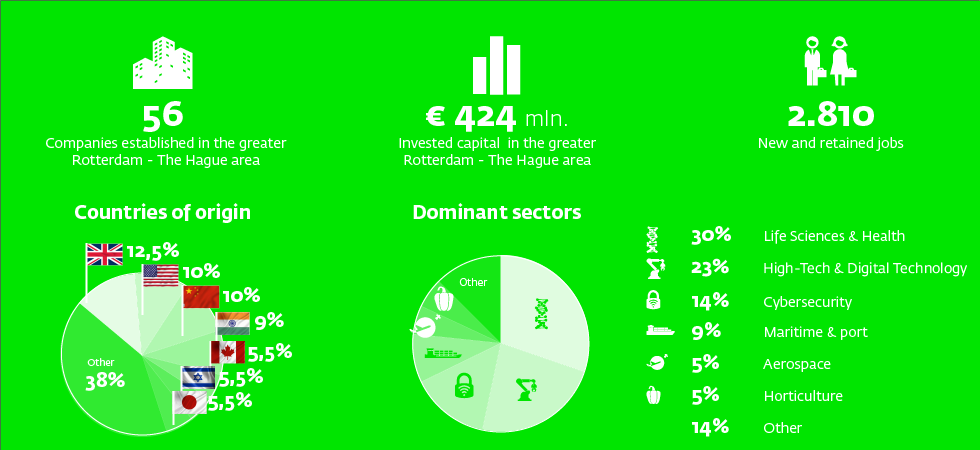
Many IT and high-tech companies expressed growing interest in setting up in our region too. Other leading clusters in our region also continued to attract attention: the cyber security cluster of The Hague Security Delta, the horticulture cluster in Westland and, more recently, the region’s aerospace cluster, which is attracting increasing interest. Both startups and established businesses seek to join these strong sectoral clusters and are attracted by the availability of talent in our region.
Merle Maigre, executive vice president for government relations at Estonian cyber security company Cybexer: “This region possesses a high level of knowledge and expertise. It attracts a lot of talent and the Dutch government is highly experienced.” Maigre considers the support of InnovationQuarter and The Hague Security Delta to be extremely valuable for accessing relevant networks and information about the local ecosystem.
Murray Davidson is chief technology officer at Cybexer and regards The Hague as a key security hub: “In this respect, the Netherlands and Estonia are a perfect match. Both countries have an outstanding reputation in cyber security and are very mature and forward thinking in this area.”
Here you can read the full interview (dutch).
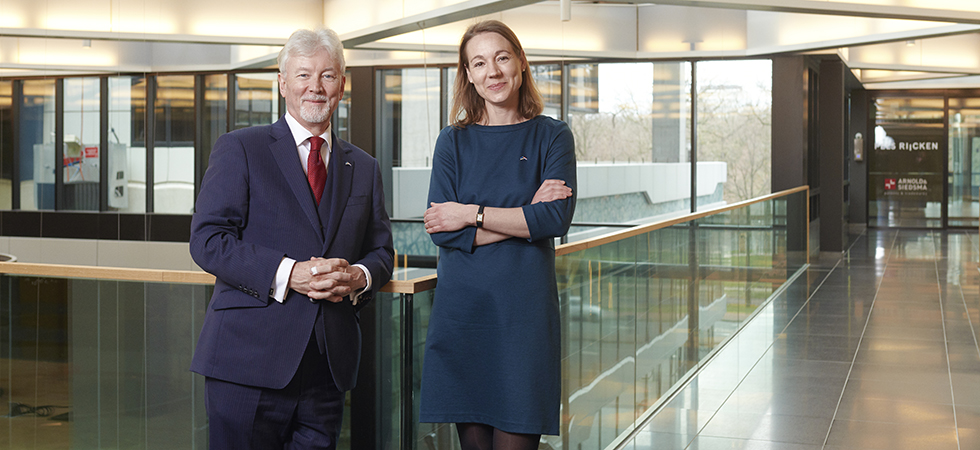
New geopolitical reality and changing geo-economic landscape
In 2019, there was a sharp rise in investment projects from the UK, partly due to ongoing concerns surrounding Brexit. Before, most of the companies we assisted were from the US and China, but last year the UK assumed the leading position. There was also an increase in the number of investment projects from other countries, such as India, Turkey and South Africa; these projects are becoming more diverse. We are seeing an increase in applications from Israel and Japan as well. There are various reasons for these trends, such as political uncertainty and the fact that many countries are experiencing renewed economic growth.
Scaling up international marketing, promotion and appropriate services
To put the greater Rotterdam – The Hague area more prominently on the international map, we launched the website investinrotterdamthehaguearea.org at the end of 2019. We will scale up marketing efforts during 2020 to attract even more companies. This will strengthen the clusters in our region, create high-quality jobs and bring in investments.
Chris van Voorden, head of foreign investments at InnovationQuarter:
“We see, in our extensive contacts with international companies, that they are increasingly looking for a well-developed ecosystem. Our services therefore focus not only on finding a suitable office or factory location but, more importantly, on accessing the right network, technology and talent – and, of course, the market. And this is precisely what the greater Rotterdam – The Hague region and InnovationQuarter can, to an ever greater extent, offer these companies. Indeed, the results for 2019 show that this is a winning strategy.”
Results vital to both regional and national economies
Attracting and retaining foreign investment is of great importance to both the Netherlands and the greater Rotterdam – The Hague area, not least in terms of economic growth and job creation. The 56 foreign companies supported in 2019, for example, will, by their own estimate, provide 2,810 jobs within three years: 2,764 of them new and 46 retained. In addition, these firms are jointly investing €424.2 million in the region.
Successful national and regional cooperation
Strong national and regional collaboration is part of the reason for the success of these 56 investment projects. At the national level, InnovationQuarter works closely with the Netherlands Foreign Investment Agency (NFIA) – an operational unit of the Ministry of Economic Affairs and Climate Policy – and is a partner of the Invest in Holland network.
At the regional level, InnovationQuarter has worked with Rotterdam Partners and The Hague Business Agency on both strategic and operational levels since 2014.
Want to know more?
Please contact us.
Chris van Voorden
Head of Internationalization
